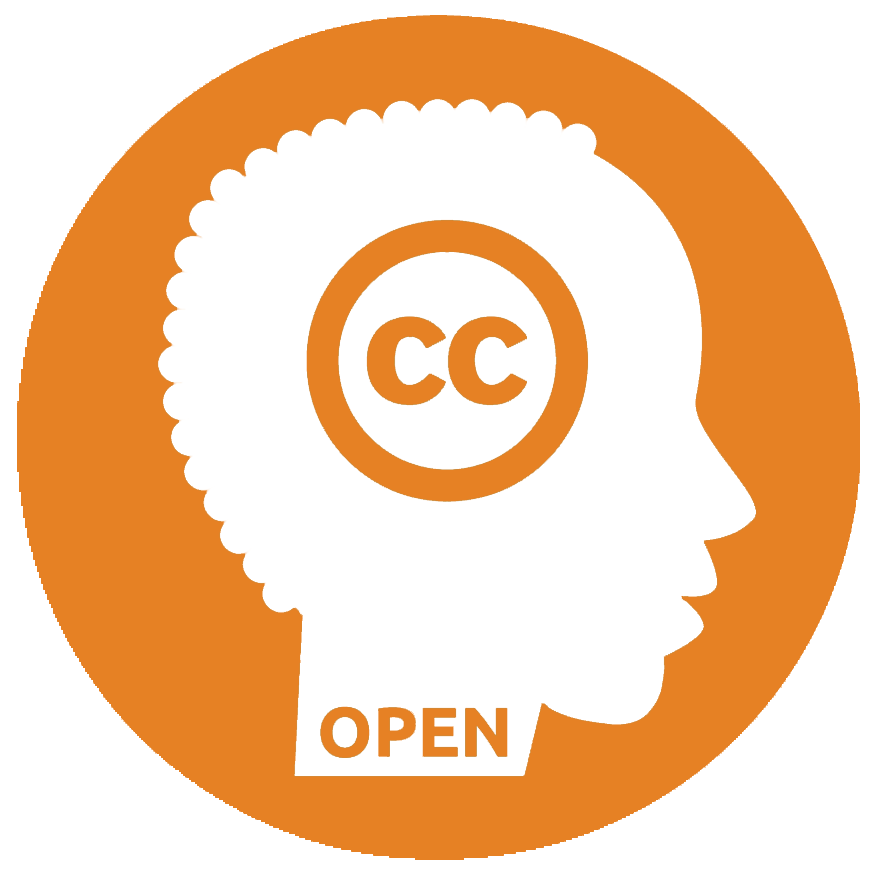Your search
Results 6 resources
-
This meta-analysis maps the evidence on the effectiveness of instructional approaches and conditions for learning computer programming under three study conditions: (a) Studies focusing on the effectiveness of programming interventions per se, (b) studies focusing on the effectiveness of visualization and physicality, and (c) studies focusing on the effectiveness of dominant instructional approaches. Utilizing the data from 139 interventions and 375 effect sizes, we found (a) a strong effect...
-
In this meta-analysis, we systematically reviewed research on digital games and learning for K–16 students. We synthesized comparisons of game versus nongame conditions (i.e., media comparisons) and comparisons of augmented games versus standard game designs (i.e., value-added comparisons). We used random-effects meta-regression models with robust variance estimates to summarize overall effects and explore potential moderator effects. Results from media comparisons indicated that digital...
-
The purpose of this research study was to determine the overall effectiveness of computer-based laboratory compared with the traditional hands-on laboratory for improving students’ science academic achievement and attitudes towards science subjects at the college and pre-college levels of education in the United States. Meta-analysis was used to synthesis the findings from 38 primary research studies conducted and/or reported in the United States between 1996 and 2006 that compared the...
-
This study quantitatively synthesized the empirical research on the effects of social context (i.e., small group versus individual learning) when students learn using computer technology. In total, 486 independent findings were extracted from 122 studies involving 11,317 learners. The results indicate that, on average, small group learning had significantly more positive effects than individual learning on student individual achievement (mean ES = + 0.15), group task performance (mean ES = +...
Explore
Instructional domain (subject)
- Computing (2)
- Languages (1)
- Mathematics (2)
- Multiple (1)
- Science (3)
- Social Studies (1)
Education Level and Type
- ECE 0-7 (1)
- High school 16-18 (1)
- Informal education (1)
- K-12 (4)
- Primary 7-10 (1)
- Secondary 11-16 (2)
- Tertiary
Groups of students
- _No mention (1)
- Low-performing (1)
- typically-developing students (1)
School or home
- _No mention (2)
- School (2)
Moderating variables
Tech Hardware
- Computer
- Handheld device (1)
- Multimedia (1 or more) (2)
- Tablet (1)
- Touch-screen (1)
Tech Software
Tech mechanism
Learning Approach
- _No mention (2)
Teacher Pedagogy
- _No mention (2)
- Collaboration (1)
- Game-based learning (1)
- Group learning (1)
- Peer learning (1)
- Scaffolding (1)
Research methods
Effect size/ heterogeneity
HIC/LMIC
Quality of research
- High: 6+ (5)
Geography if specific
- _no mention (1)
- USA (1)

